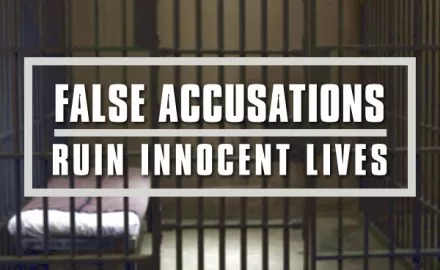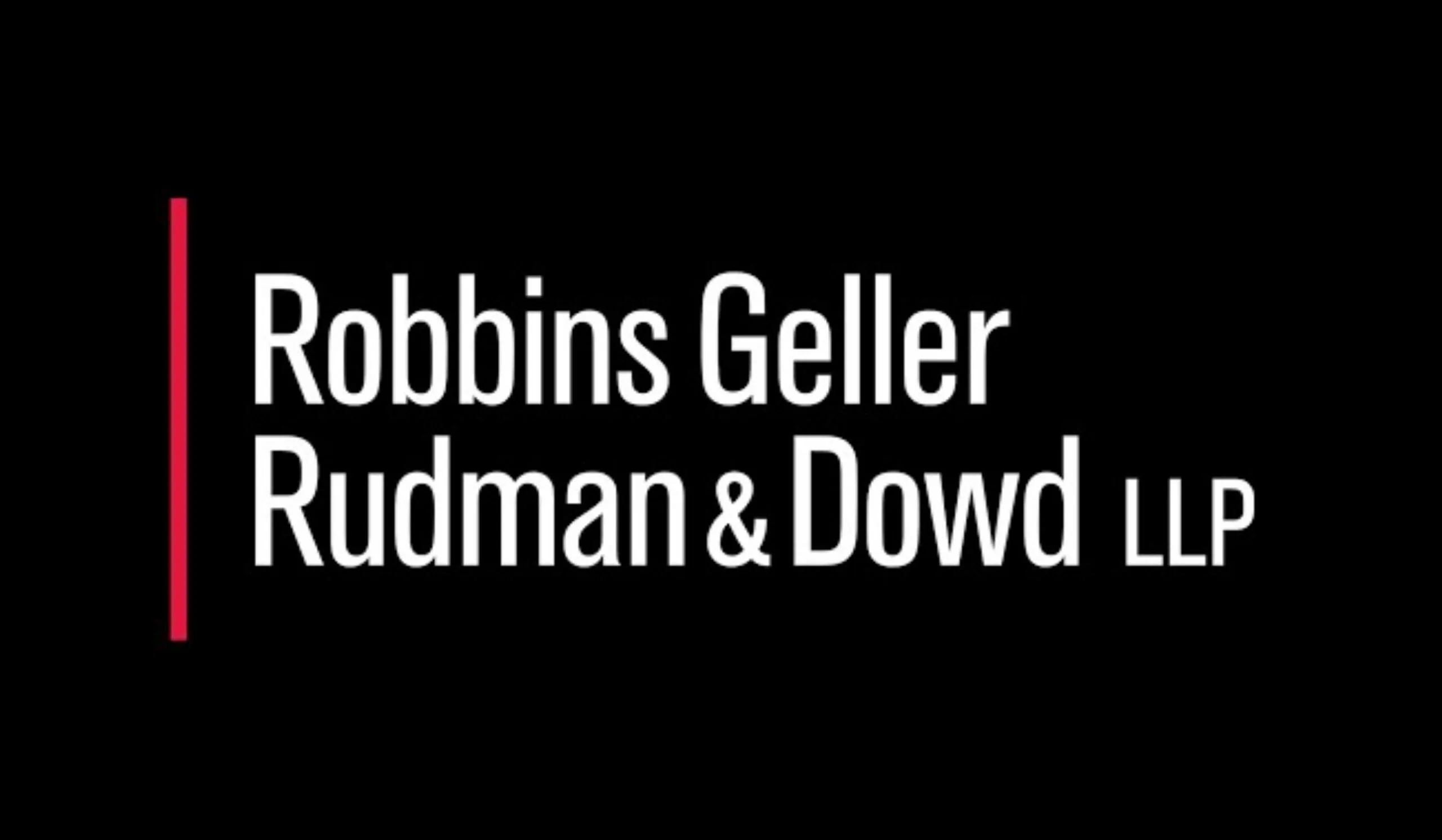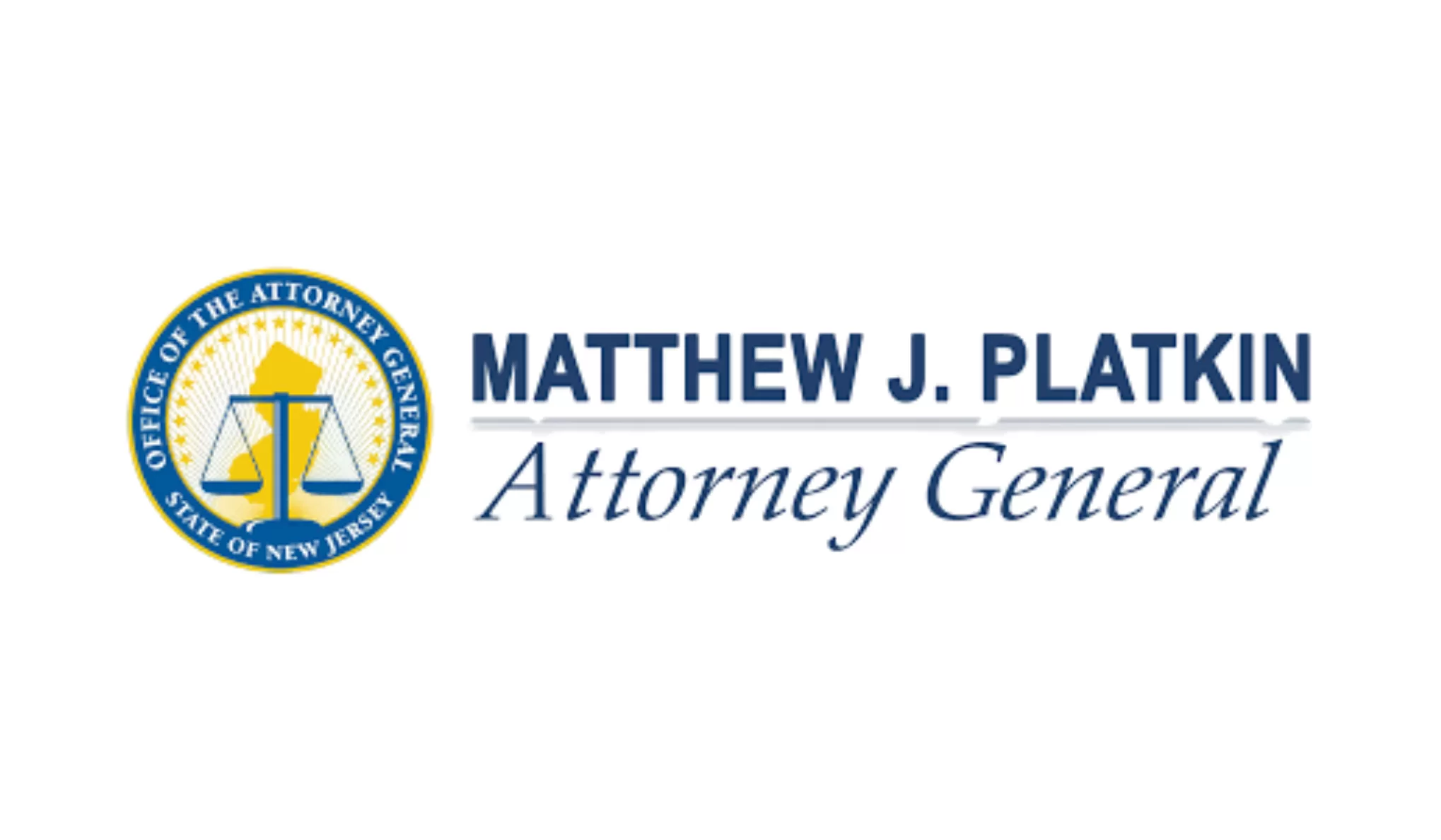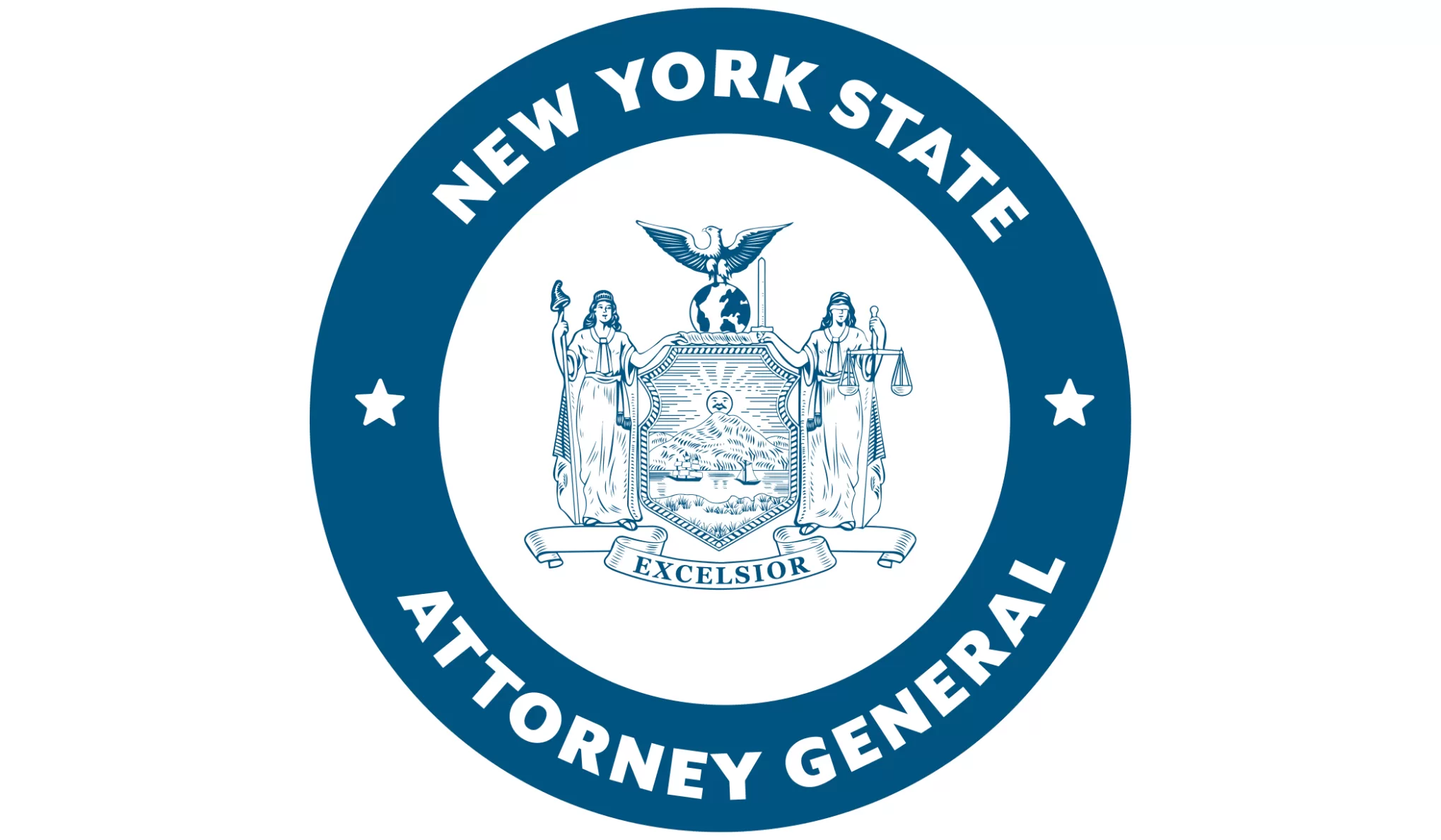Are You Too Quick to Judge?
By Joseph Snook
Investigative Reporter
The US~Observer is an investigative newspaper that champions helping those who are wrongfully charged or convicted of crimes.
Since our first publication 34 years ago, the US~Observer, by and large, has been overwhelmed helping the falsely accused victims of one specific type of criminal case; sex crimes. Our clients, usually those who are wrongly charged or their friends/family, pay for our investigative reporting. The purpose: to help the innocent achieve or keep their freedom. There is, however, one catch – a big one. If we conclude guilt through our investigation, we keep the retainer fee and drop the case. That’s a huge incentive to dissuade the guilty from signing our contract, not to mention a massive incentive for us to look for guilt in our investigation, and quickly. It also serves to keep our investigative reporters from becoming biased to anything other than the facts of a case as they are discovered. But what the overwhelming amount of cases have taught us is that we are rarely contacted by guilty parties, and there are literally thousands of innocent victims incarcerated in the United States.
I’ve personally investigated and reported on hundreds of sex abuse crimes our clients have faced over the last decade. To help dismiss speculation, I’m not a lenient person when it comes to punishing those who are guilty. Now to the point; our judicial system is plagued with false accusations. Although not all accusations are false, enough are. What I’ve seen during my time as an investigative reporter is enough to not trust any authority that has the power to level charges against the accused. One of the most concerning factors when dealing with false sex abuse charges is the will to blindly believe those who accuse. Is that all you need to convict – an accusation? Let’s talk about that.
There’s an array of contributing factors that have led to accusations being the only evidence necessary to sway public opinion. Can you think of any? How about the way one looks? The way one acts? The lack of social interaction? Differences between you and what you perceive as normal can be highly influential. These issues often cloud our judgment, causing bias. That bias can greatly hinder the facts of a case, which in turn, could benefit a false accuser.
What Makes People Believe False Accusations?
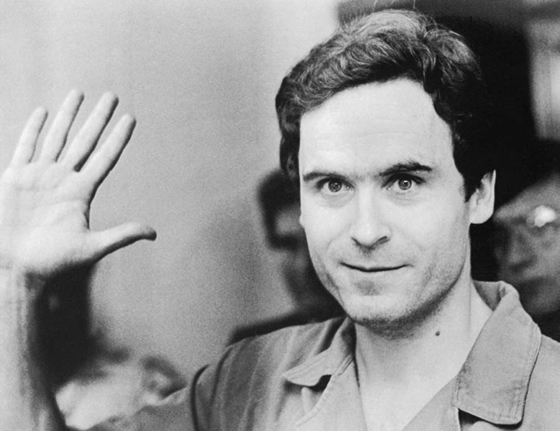
A myriad of reasons contributes toward the belief of false accusations. One public influencer is the use of polygraphs. It is a fact that passed and/or failed polygraph tests by defendants in criminal matters can, and often do, sway opinion, when known. Although polygraphs are not allowed in criminal courts because they are not scientifically accurate, the tests can be utilized by both sides during pretrial negotiations. In civil actions some jurisdictions allow polygraph results. The belief in the conclusion of these tests are often put forward by the media. Dr. Phil uses them OFTEN. Dr. Phil’s examiner readily admits there is a 7 – 10% chance the results are faulty, yet they are often accepted as 100% conclusive. If actions speak louder than words, then all one needs is to watch the actions of Dr. Phil’s audience when polygraph results are read to fully understand how polygraphs could contribute toward believing false accusations. There’s a reason they are not allowed as evidence in criminal cases!
More factors that lead to false allegations have been known to be: Custody battles while going through a divorce; not liking Mom’s new boyfriend; wanting to live with one parent vs another; revenge; jealousy; anger; concealment of other crimes; attention seeking; poor police work; vindictive prosecutors, who care more about conviction rates than serving justice; experts who seek relationships with law enforcement entities that bring them alleged victim$ to “help”; coercion by experts who work for the prosecution, and lastly, monetary gain is one of the most common. Can you think of more?
What about children? They have wild imaginations. Sometimes what they say, or do, can be taken out of context. Adults, especially those who don’t know the child in question, can misunderstand statements made by that child. Professionals who seek to confirm allegations of sex crimes against children can, and on occasion do coerce children to validate false claims through a series of highly questionable interview tactics. One of the most common tactics is repetitive questioning.
Forensic Psychologist Hollida Wakefield, M.A., shed light on this issue. She stated, “imagine the effects of treating a child as a sex abuse victim when they were never abused.”
Mainstream Media Influence
Just as special interests widely control government, they also control mainstream media. I’ve seen many honest reporters over the years unable to report their story as they would prefer. Their ability to report the facts they uncover, especially when it does not align with allies in government (special interests) is a shocking coincidence. Editors, and the connection they have with their puppet masters are most often a road block for honest investigative journalism.
To believe any report, simply because it’s stated as truth is a dangerous, slippery slope. Do you believe your source? I’ll prove how we most often conclude fact, regardless of truthfulness in two short sentences. When was the last time you read and believed a CNN (news) article that praised President Trump? When was the last time you read and believed a Fox News (news) article that damned President Trump? The point is, neither network usually reports anything outside of their bias, and unfortunately, many of us are guilty of blindly believing the media outlets which mostly align with our views. We simply don’t fact check. And if we do, we believe a complete stranger’s word as the basis for our conclusion.
One of the easiest ways to make a misinformed decision is to NOT LOOK at ALL of the evidence. Mainstream news sources generally publish the contents within police reports, or statements released by law enforcement authorities. That is usually the extent of their report, unless they quote friends or family of the alleged victim(s). Those law enforcement authorities have usually predetermined guilt. What about the accused? Does the mainstream report their side? Not usually. And, it’s not entirely a mainstream problem, although it most often is. Defendants, at least the ones I’ve worked with, NEVER had a reporter contact them for a statement that sheds light on their case, specifically their innocence.
At best, a mainstream report that sheds light on innocence is usually ONLY published after the underlying charges are defeated. Even then, the report of innocence is usually two or three sentences, not several paragraphs, like the initial “guilty” report.
Quoted in Golf Digest, Attorney Donald Thompson stated, “Once a case crosses a certain threshold of media (mainstream) attention, it matters, even though it shouldn’t.”
What Happened to Innocent Until Proven Guilty?
Honest investigative reporting is hard to find, especially when attorneys instruct clients to be quiet. Why do you think that is? Because some defendants are ignorant? Another reason is because reporters often seek to portray guilt, backing-up the government’s released assertions. Reporters are experts at twisting and turning words into statements opposite of what was intended. This is extremely detrimental to an innocent defendant. What if you are innocent, and believe the truth will set you free? You’d better rethink the approach of “the truth will set you free” if you’re wrongfully charged with sex crimes – any crime for that matter.
Remember, the masses read and watch news. What government wants you to see is displayed on a silver platter (TV or computer screen) in the comfort of your own home. This can, and often does poison the jury. Even if a juror claims to have no prior knowledge of a case they are to render a decision on, there is no guarantee that each juror is honest. There are absolutely no guarantees the jury won’t talk about or look up a case when outside of a courtroom. If all a jury can find are reports of guilt, shouldn’t that cause concern? Now enter the US~Observer. We report ALL facts possible in each case – before trial. Jurors who are curious (as they should be), and who nullify bad laws, specifically “keeping quiet” during trial, usually end up being the last stand against wrongful convictions if they have the full story. This is important because often, the court limits what evidence jurors can see at trial.
Extraordinary Media Attention
 The US~Observer has spent 30 years combating the media’s opposition to truthfulness in the U.S. Criminal Justice System. Our clients can greatly attest to the help we’ve provided, too! What a refreshing feeling to finally see other media latching onto this underreported epidemic. With the #METOO movement growing, false accusations are becoming easier to find. Some well-known reporters have begun to shed light on this important issue. One of them is Michelle Malkin. Although statistics are only as good as the data which they are derived from, statistics can be telling in many ways.
The US~Observer has spent 30 years combating the media’s opposition to truthfulness in the U.S. Criminal Justice System. Our clients can greatly attest to the help we’ve provided, too! What a refreshing feeling to finally see other media latching onto this underreported epidemic. With the #METOO movement growing, false accusations are becoming easier to find. Some well-known reporters have begun to shed light on this important issue. One of them is Michelle Malkin. Although statistics are only as good as the data which they are derived from, statistics can be telling in many ways.
Malkin recently used her expertise in investigative journalism to shine light on false statistics and how they cause more problems. According to Malkins report, since the ’70s, it has been widely accepted that less than 2% of women accusers are lying. She also shed light on more useful statistics. According to her research, anywhere from 8-40% of female accusers are lying, depending on the jurisdiction. Malkin aptly summed up the flaw in the long held belief in the 2% statistic saying, “women almost never lie about rape, is a lie.”
In a September 19, 2018 Townhall article, Malkin states, “And just this week, Oregonian Joshua Horner, serving a 50-year sentence for sexual abuse of a young girl, was exonerated after a dog that the accuser had claimed he shot dead was found alive. There had been no DNA, no corroborating witnesses and no other forensic evidence — just the word of girl whose contradictions and memory problems were explained away as “post-traumatic stress” while an innocent man nearly drowned.”
Limiting Evidence the Jury Needs to Weigh
Motions in Limine – otherwise known as motions filed by attorneys to exclude the jury from seeing certain evidence. This process can limit evidence that is necessary for a jury to make an informed decision of guilt or innocence. What if a juror doesn’t know about the existence of this evidence? To be fair, motions in limine can be used by both the defense and the prosecution but these motions are predominantly used by the prosecution to keep evidence of innocence from reaching the jury. These motions, when filed by prosecutors, do the most damage to innocent criminal defendants, especially when facing false sex abuse crimes. Some jurisdictions in the United States forbid a defense attorney from pointing out “prior false accusations” by an accuser to a jury. Known as, “rape shield laws” these types of evidentiary rules can restrain a jury from knowing what happened, if anything, or why a false accuser chose to lie.
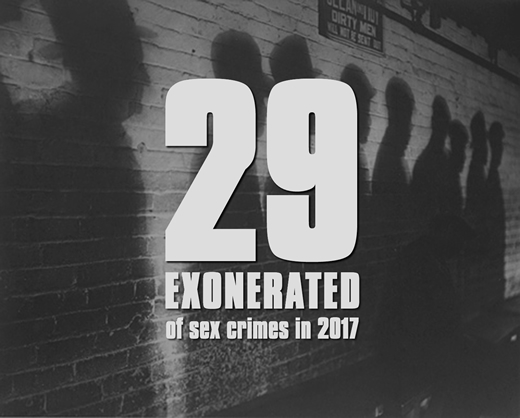
Examining the Effects of Lies Told by False Accusers
One of my previous cases stands out above all others when thinking about false accusations.
A woman had cheated on her husband with his best friend. When she was caught, she claimed, “rape.” Her husband at that time believed her. The husband’s friend was arrested and charged based upon her statement. The friend was indigent and could not afford a defense. He took a plea deal that left him a convicted sexual offender in exchange for remaining out of prison, despite his proclaimed innocence. The husband eventually changed his mind, believing she had lied about his former friend. That wasn’t until after he caught her cheating again. The woman and her husband eventually divorced.
Years later, that same woman remarried. She eventually cheated on her new husband. She had a boyfriend on the side. Not only did she have a boyfriend, she was secretly going out with other men without her boyfriend’s knowledge. In short, she was cheating on her new husband and her ‘even newer’ boyfriend. Then it happened. She was caught by her boyfriend. She then cried, “rape” yet again. The man she consciously chose to be intimate with was arrested and charged with serious felony sex crimes. He lost his job. His home was foreclosed. He was publicly shunned by mainstream media for being a sexual predator, and for living in a school zone – all before trial. He and his family spent their entire life savings fighting to prove his innocence.
He was acquitted almost three years after his initial arrest. The point here is that the jury was not allowed to be told about the accuser’s previous false accusations at trial. They weren’t allowed to talk with her ex-husband, his friend, or the other men she’d slept with, then lied about when caught. That evidence was disallowed because of rape shield laws. The accuser was also referred to as “the victim” throughout trial. The false accuser also had “victim” advocates openly consoling her in front of jurors while she was in the courtroom. Fortunately for the innocent defendant, he had the US~Observer on his side. We had already published what was not allowed in the courtroom. Judging by the outcome, our articles helped save this innocent man.
We have all seen, especially as of recent, the #METOO movement blow up publicly. In many cases it has been absolutely warranted, however, an unintended effect of this movement is that it has further blurred the ideals and principals of our criminal justice system. Accusations without corroborating evidence have caused many innocent people to lose their freedom. No DNA, NO WITNESSES, NO PHYSICAL EVIDENCE, NO ADMISSION. GUILTY! To those who believe this is not possible, just ask Zane Crowder. He’s currently serving life, plus 25 years for sex abuse crimes he was wrongfully convicted of in Florida using that exact scenario. Sadly, there are many more just like Zane. They languish and rot away in United States prisons which house the highest incarceration rate per capita among all developed countries in the world.
False Accusers Hijack #MeToo
We are all human. Some of us are more corruptible than others. Sadly, there is no perfect criminal justice system. With that understanding, there’s still room for improvement. By and large, sex crimes in the United States require less proof to gain a conviction than almost all other crimes. For some jurors, all they need to see is a woman crying in court and someone like a prosecutor or an “expert” saying they think it happened. That’s how easy it can be to secure a wrongful conviction, and false accusers know it.
Sexual victimization happens all too often and is a sad and horrific truth, for women and men alike – so too is the victimization of the innocent at the hands of someone making false sex crime accusations. Typically, those leveling these fraudulent charges are women seeking to hurt men and/or remedy a situation they find themselves in. That is a shameful truth. Innocent lives are often ruined because of such. Families are torn apart. Reputations are irreparably, forever damaged.
And, actual victims of sex crimes, whose cases are pushed out because so many false accusations clog the already overburdened justice system, also suffer. In essence, being victimized again by those seeking to hijack #MeToo through their false claims.
The next time you hear an accusation, remember one thing:
“One witness is not enough to convict anyone accused of any crime or offense they may have committed. A matter must be established by the testimony of two or three (direct) witnesses.”
Author’s Note: It is the government’s job (for the accuser) to prove the guilt of the accused. Guilt in the United States is to be “beyond a reasonable doubt.” Meaning that, “no other logical explanation can be derived from the facts except that the defendant committed the crime.” It is not supposed to be the defendant’s job to prove innocence, yet that burden is a sad reality in this day and age. What if you were wrongfully accused? What if no matter what you said, nobody believed you? Perhaps we should all take a step back and let that sink in! Then remember that is the reason the US~Observer exists…
If you, or someone you know is a victim of false accusations, contact us today! Email: editor@usobserver.com, or dial 541-474-7885.

